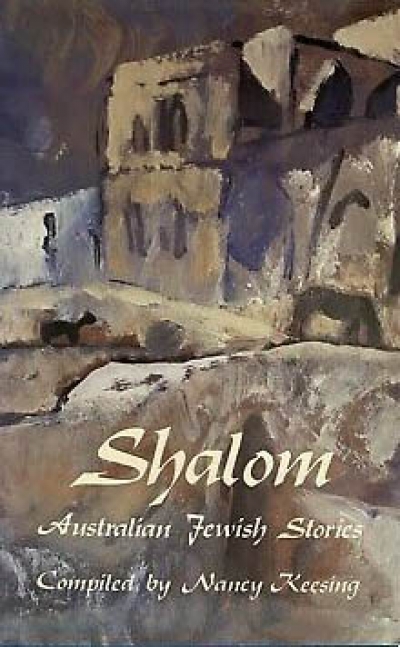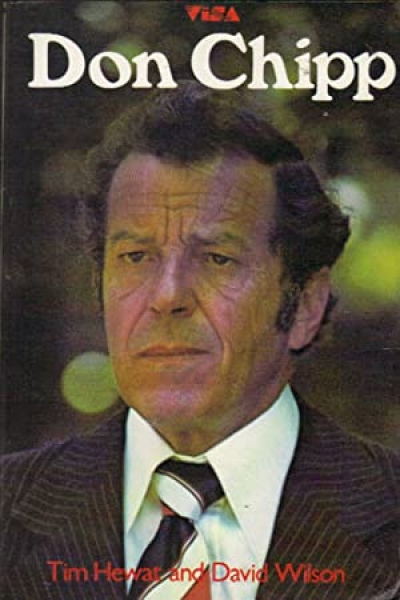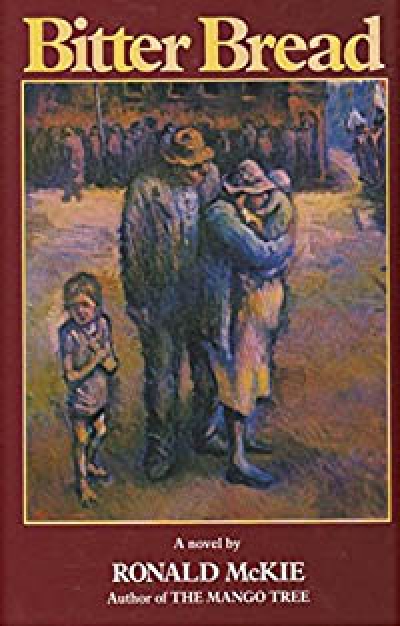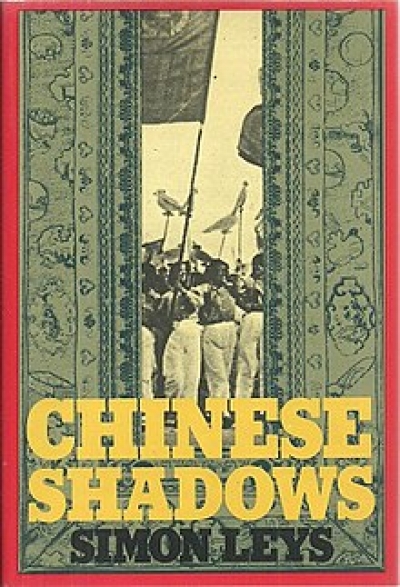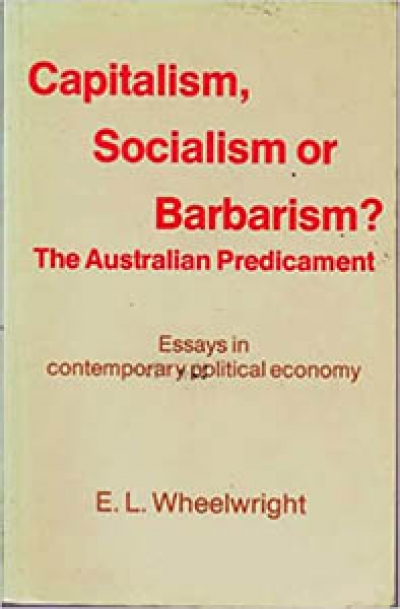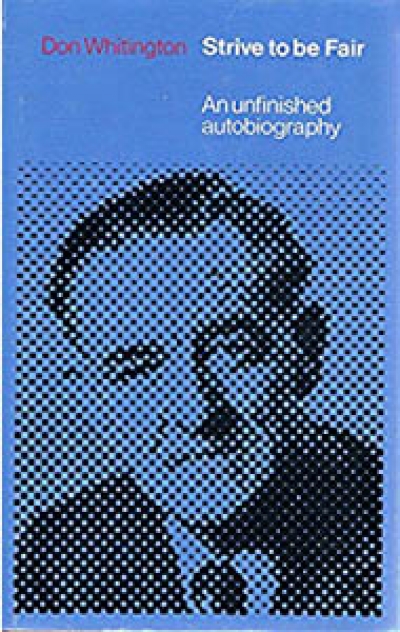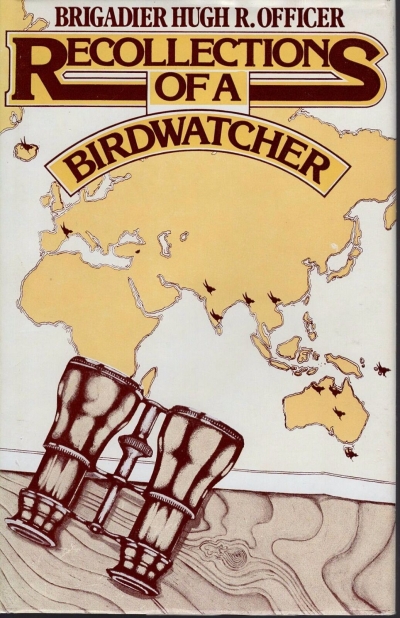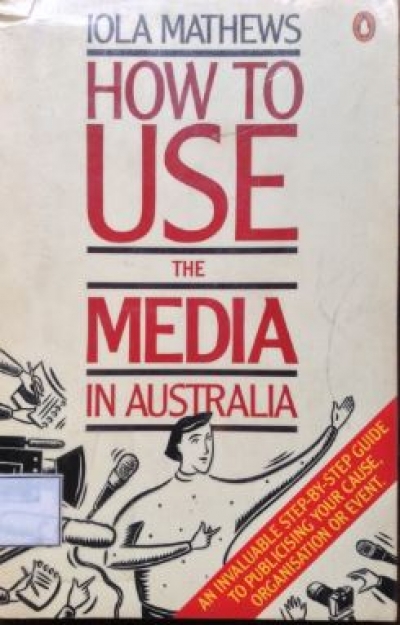Archive
The Australian Encyclopedia: Third Edition by Grolier Society of Australia
by John McLaren •
Capitalism, Socialism or Barbarism? The Australian Predicament: Essays on contemporary political economy by E.L. Wheelwright
by Leonie Sandercock •
The Advancement of Local Government in New South Wales 1906 to the Present by F.A. Larcombe
by Ian Wynd •

